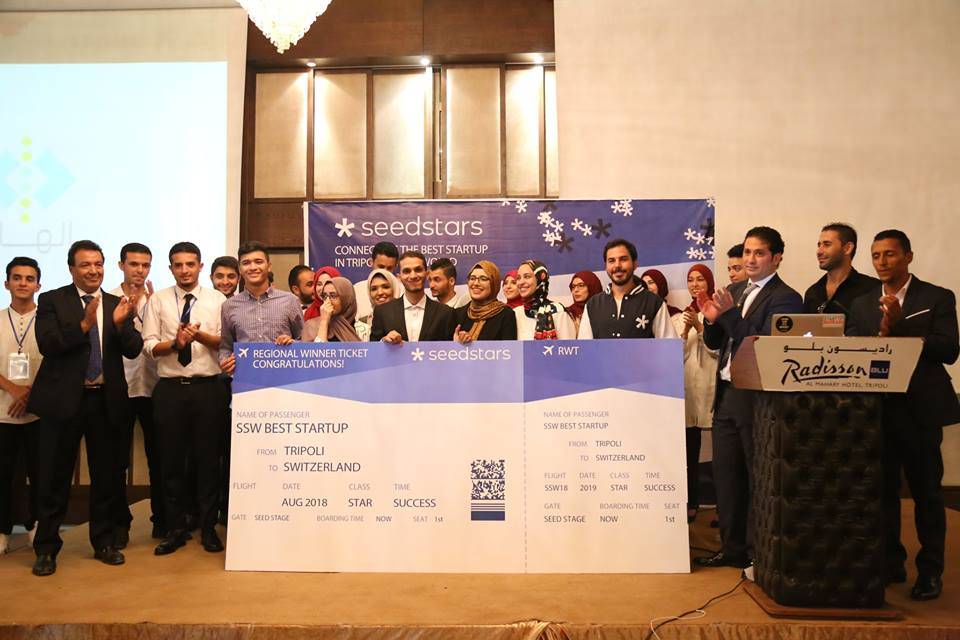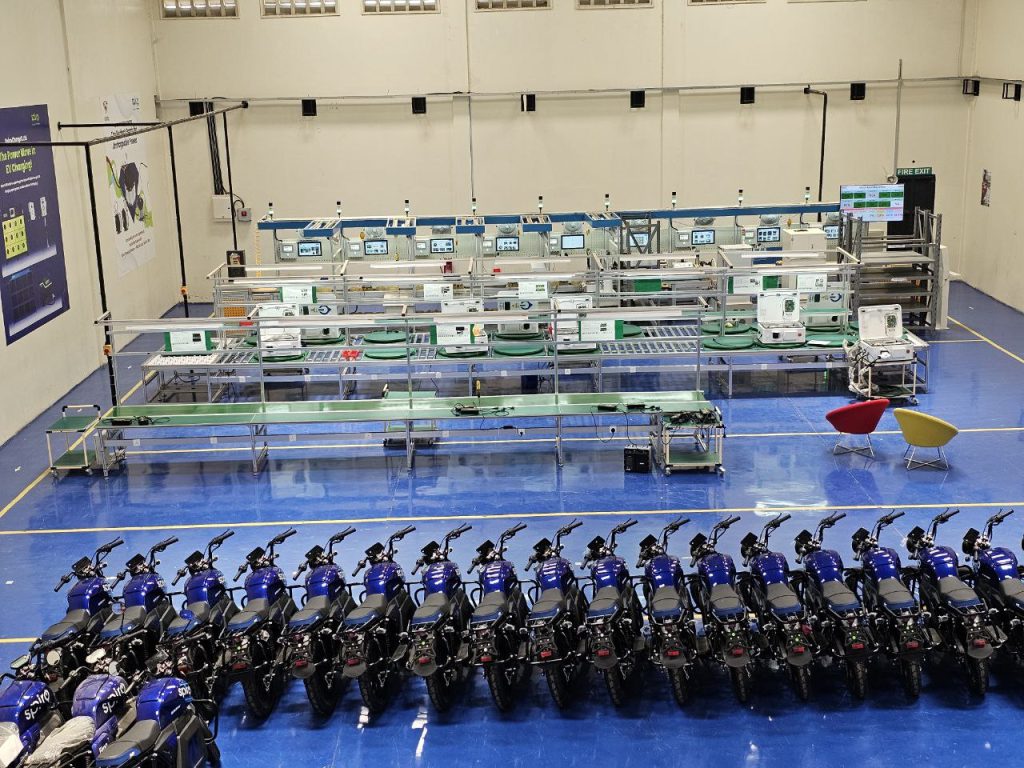On February 22, TechCabal published a story about the growth of Presto Eat, a Libyan delivery startup, and the funding challenges facing the company and the entire Libyan baby startup ecosystem. Since then, we have received comments about what an exit path looks like for investors in Libya.
A short and safe answer to this is that there isn’t one. But when has that stopped anyone?
Libya is virgin land, with zero institutional venture funding activity. The few people who have invested in startups can’t even be addressed as angel investors but friends and family helping their people out. But what Libya has more than most frontier markets is the availability of big-pool customers who can really pay for services and products, things lots of frontier markets lack.
Ammar Hmid, founder and CEO of Presto Eat, never passes an opportunity to throw the country’s relatively high GDP per capita at anybody who cares to know. He was proud of it and has once told TechCabal that his company can make as much money as it wants—meaning there is a clear path to profitability. Presto, for example, questions the importance of exits at this point in the Libyan ecosystem.
“There’s no clear path to exit,” said Najla Almissalati, Managing Director at Tadawul Financial Group, one of Libya’s top financial firms that is launching Libya’s first local accelerator and VC fund. “And that’s normal in every frontier market.”
Judging from a couple of antecedents, Almassalati seems to be correct. Markets don’t record exits on day one. For instance, the Nigerian ecosystem had its first exit and major validator in 2020, more than 10 to 15 years after the ecosystem became a concept. Paystack, the Nigerian company that exited to American Stripe in a $200 million deal, was founded in 2015 and had raised about $10 million dollars. This deal took the Nigerian ecosystem from less than $400 million total funding in 2019 to raising over a billion dollars in 2021 and 2022. Till today, some operators still believe that Paystack’s exit is the major multiplier in the entire ecosystem.
The sentiment of a few operators who spoke to me is that if Nigeria, an ecosystem that has been actively raising venture funds and building since 2010, has only two major exits—counting in MainOne’s $300 million—why should an exit path be a determinant of investment into Libya?
While the sentiment and comparison are understandable, venture capital operates to return their funds, and if there isn’t a clear path to that, most of them will walk. But a few investors usually stay back to build out an exit strategy with the founders. Even though the details of this aren’t public, Y Combinator’s decision to invest in Sudanese Bloom might fall into this category since Sudan is another country that has been plagued by political and economic instability. Sudan also only has two startup winners at the moment—Bloom and alsoug/Cashi, fintechs and ecommerce startups that have raised $6 million and $5 million venture funding respectively.
In the Maghreb region where Libyans co-exist with Morocco, Tunisia, and Algeria, the biggest African exit happened in January. It’s understandable why most investors and enthusiasts will not include Libya in the countries that will benefit from the spill-over of the acquisition, if there will be any. Even Libyans don’t see themselves benefiting from the goodwill their close neighboring country, Tunisia, has brought to Africa. Tunisian startups had raised over $100 million before that exit occurred.
“Nobody was expecting an exit in North Africa, especially not in the Maghreb,” an investor focusing on the MENA markets told TechCabal anonymously. “It happened and everybody now believes it could happen.” The same thing happened with Careem’s exit to Uber in 2019, and many other cases across the world.
In the absence of a clear path to exit via acquisition, since Libya is mostly cut off from other regions or IPO for the same reason, “there are clear paths to profitability,” Hmid once told me. Revenue and profit increase the value of a company, but “we will need to get valued first, part of why we need venture capital cheques.”
Almassalati also believes in the profitability potential of the Libyan market but suggests that founders’ education should be top of mind, and once that’s done, every other thing can follow—including finding a path to exit.




















